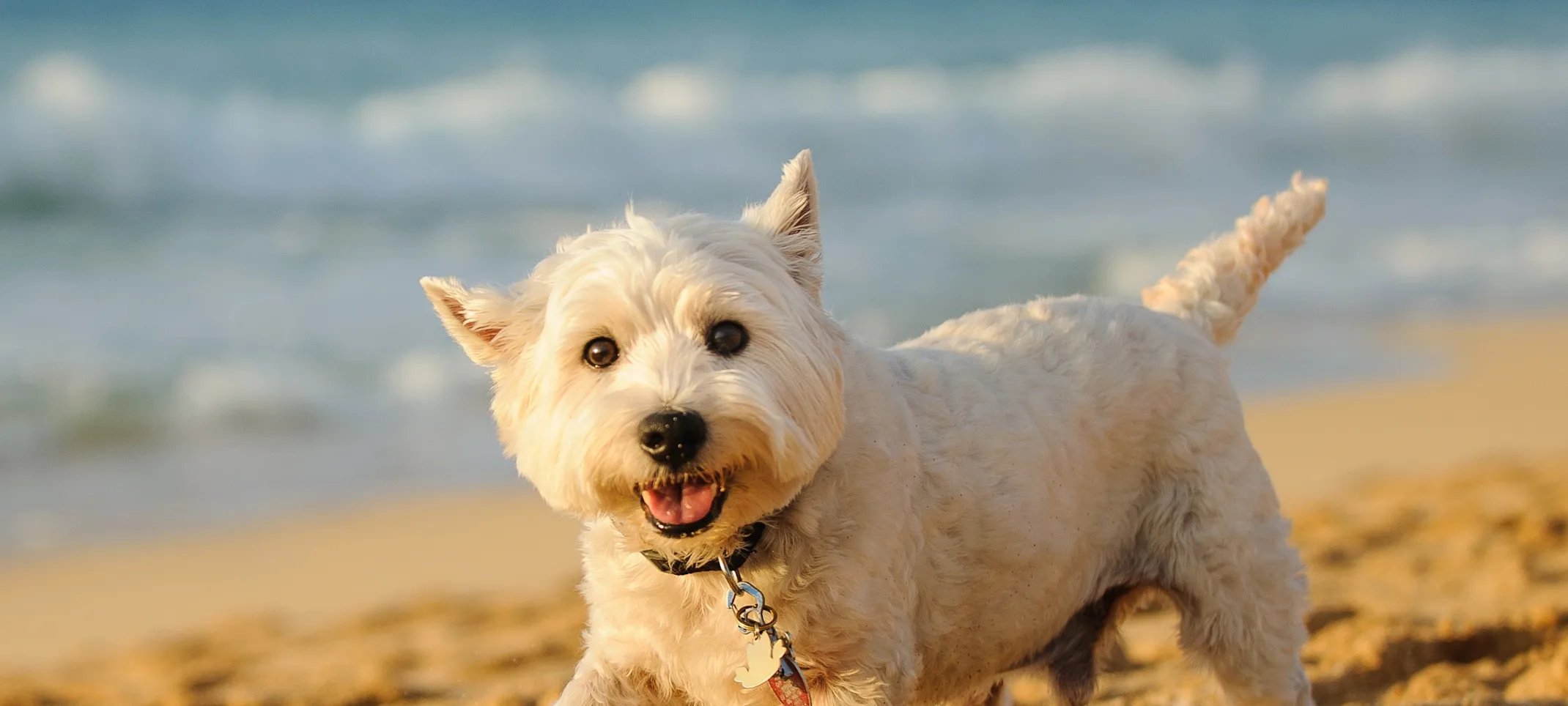Northfield Veterinary Center
Dentistry

Overview
Do you brush your pet’s teeth? Would you be surprised to learn that you should brush your four-legged friend’s teeth every day? Promoting your pet’s oral hygiene is critically important for their health and overall well-being.
Dental disease in pets
Most pets have some degree of dental disease by the time they are 3 years of age, and oral bacteria can cause significant health issues. Possible complications include:
Bad breath — Many people think pet breath normally smells bad, but if your pet’s breath makes you turn your head, they likely have dental disease.
Inflamed gums — As bacteria invade under the gumline, the tissues become inflamed and swollen, and may bleed.
Loose or missing teeth — Left untreated, oral bacteria break down the tooth’s supporting structures, leading to loose or missing teeth, which can make eating difficult for your pet.
Tooth root abscesses — Periodontal bacteria also can accumulate around a tooth root and cause a painful abscess. In severe cases, the abscess can rupture through the pet’s face, causing a draining wound.
Oro-nasal fistula — In some cases, the bacteria create a passageway between the mouth and the nasal cavity that allows food, water, and saliva to irritate the respiratory tract, which may lead to a serious infection.
Jaw fractures — In cats and small dogs who have severe periodontal disease, the bacteria can weaken the jawbone, which may fracture.
Organ damage — Oral bacteria also can enter the bloodstream and damage your pet’s heart, kidneys, and liver.
As you can imagine, dental disease is a significant source of pain for many pets. Maintaining your pet’s dental health is essential to ensure they live a happy, pain-free life.
Preventing dental disease in pets
Fortunately, dental disease is easily preventable. Steps include:
Professional veterinary dental cleanings — Our team performs dental cleanings while your pet is anesthetized, so they can fully assess your pet’s oral cavity, address any problems, and clean thoroughly below the gumline, where the bacteria cause the most problems.
Daily toothbrushing — Plaque and tartar quickly accumulate between professional veterinary dental cleanings, so your pet needs daily toothbrushing to keep their mouth clean and healthy year-round.
Dental treats — Treats approved by the Veterinary Oral Health Council can also help promote your pet’s dental health.
Our general veterinary dental services include:
Preventive home care
Full-mouth dental X-rays
Ultrasonic teeth cleaning and polishing
Oral surgery to remove damaged and infected teeth
Schedule your pet’s professional veterinary dental cleaning today to ensure their mouth remains healthy and pain-free.
